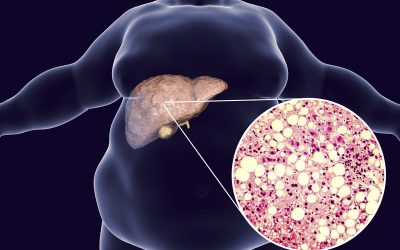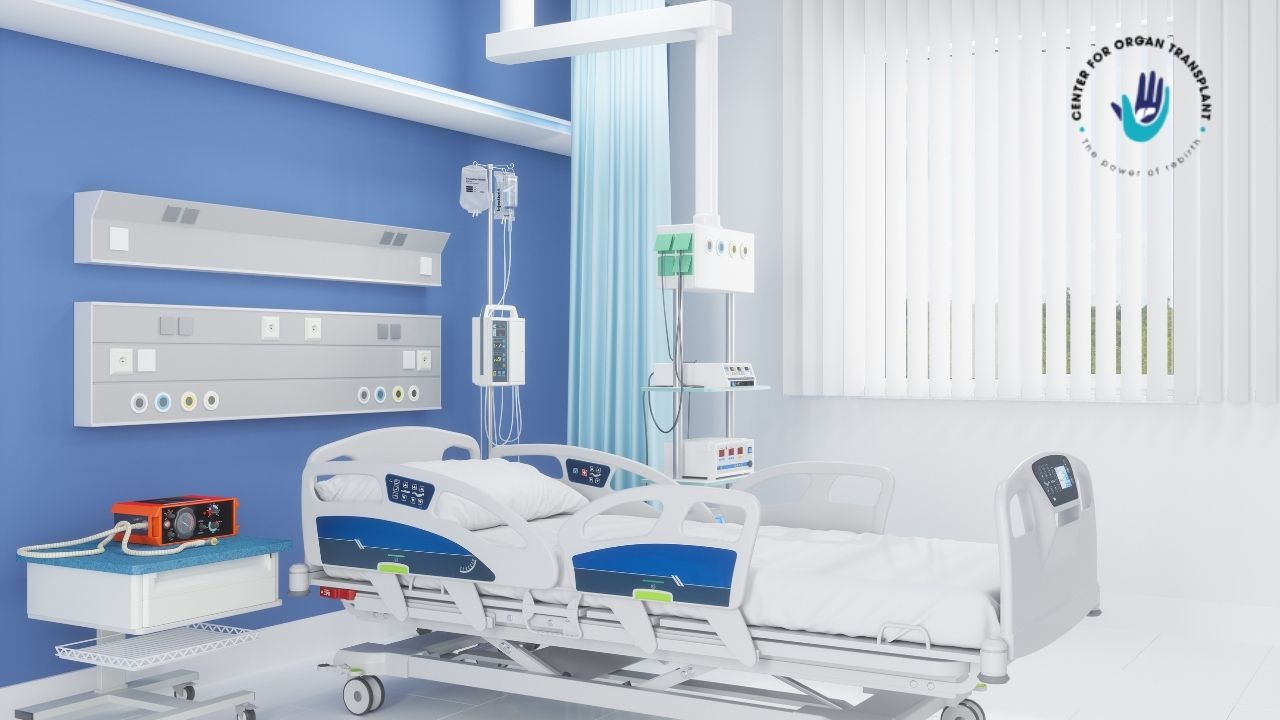Multivisceral Transplant
By
Dr.Bipin Vibhute

What is a Multivisceral Transplant?
Multivisceral Transplant refers to the process of transplanting two or more abdominal organs such as stomach, duodenum, pancreas and if necessary, the liver. The transplanted graft is modified according to the patient’s needs.
So, the inclusion or exclusion of an organ can be expected. The common element in intestinal transplant and this transplant is the small intestine. This transplant includes the simultaneous transplant of multiple organs in case of multiple organ failure.
Multivisceral Transplant Guide
Get all the medical information on multivisceral transplant here. Everything you read on this blog has been written using accuracy and empathy as the primary tools.
1. Indications for Multivisceral Transplant
The following symptoms indicate the need for a multivisceral transplant:
● Loss of two or more of the six primary central venous accesses (jugular, subclavian, and femoral)
● Episodes of catheter-associated infections, two or more per year
● Fungemia
● Shock or trauma
● Adult respiratory distress syndrome
● Refractory hydroelectrolytic disorders
● Hepatic disease associated with TPN
Note that the diagnosis of this transplant will depend on the presence or absence of chronic liver disease, a history of abdominal operations as well as the functioning and quality of other organs. Your transplant surgeon will personalize your operation in accordance with your underlying disease.
2. Who might need a multivisceral transplant?
People who have either stage of intestinal failure or the people who have become severely dependant on TPN (total parenteral nutrition) will be recommended a multivsceraltransplant when not only their small intestine but also other organs in their abdominal area begin to behave improperly and inadequately.
For more information on TPN and intestinal failure, read our blog on the intestinal transplant.
3. What is multivisceral failure?
When intestinal transplants are not in isolation but in combination with other organs that have started to behave poorly, we refer to it as multivisceral failure.
Most commonly transplanted organs include the small intestine, the liver, pancreas and in some cases, the stomach and a portion of the large intestine.
Did you know that multiviseral transplants and activities related to it increased simultaneously everywhere except Africa? The reason for this exception is unclear to this day.
4. Multivisceral failure causes
Just because your indispensable organs failed does not mean you did. Premium medical help will always be available to you. Before you consult anyone, know the causes of multivisceral failure:
● Liver damage from long-term parenteral nutrition (IV feeding), which is often used for patients with intestinal failure (IF)
● Severe abdominal injury from trauma
● Neuroendocrine tumors that appear in the pancreas and intestine and spread to the liver (in some cases, a multivisceral transplant can cure this cancer)
5. How is Multivisceral transplant managed?
By carrying out a major, time-sensitive and challenging operation. It constitutes the removal of the damaged organs and transplantation of donor organs along with their associated blood supply.
Expect to undergo exhaustive medical tests. This shall be done so that the surgeon can decide which organs need to be transplanted and which, if left untreated, will not cause malignancy in your body.
When your evaluation points toward a transplant, you will be placed on the transplant waiting list.
While you wait, your surgeon and their team will do their best to keep you out of pain.
We give credit when it is due. Therefore, it is no secret that it’s the improved surgical techniques which have become one of the contributing factors for the steadily growing survival rate of people who undergo the multivisceral transplant.
Over the years, other factors such as monitoring for early signs of rejection, availability of enhanced immunosuppression protocols, improved post-surgery care and timely referral to transplant centers have helped surgeons earn a name for themselves for conducting successful transplant surgeries.
6. Multivisceral transplantation in children
We sympathize with the children who are sick enough to be eligible for such a major transplant. Thankfully, there are social workers available at all reputed transplant centers whose job is to ensure that reliable family support is available to the child before, during and after the operation.
If your child is distressed after hearing that they require such a transplant, they can always converse with the social worker, a family member or a friend.
Before becoming worried for your little one, please know that children less than two years of age have had to undergo this procedure because of excessive abdominal complications. They have even survived such operations, as reported by ‘Annals of Surgery: A Monthly Review of Surgical Science since 1885’.
7. Multivisceral transplantation in adults
While the rate of rejection of the intestinal graft in adults and children alike was massive at one point, medical science has evolved and improved a lot since then.
This transplant may come under the category of a rare procedure but the instances of acute intestinal rejection have decreased and the survival rates of the adult patients have gone up.
As was mentioned before, an adult’s pre-evaluation will be considered before choosing and transplanting the organs. Kidneys and liver may also be considered since they could be damaged due to their long-term dependence on TPN.
It would be reasonable to categorize TPN as the first and foremost remedy for patients suffering from intestinal failure (IF). However, it is also reasonable to state that it is a bridge that most patients will have to cross in order to be approved for this transplantation.
8. How is a multivisceral transplant performed?
To decrease the risk of infection, Multivisceral transplant is performed only when a recipient receives all the solid organs and associated blood supplies from a cadaveric donor.
While the instances of living donors are limited, it is not uncommon. This way, the recipient will have access to benefits such as less waiting time and a wider donor pool to choose from.
Despite the advantages, all multivisceral transplant teams will preferonly cadaveric donors since the risk to all the living donors is serious and grave.
As for how the surgery is performed, after making an incision, the damaged organs will be removed and the new organs placed in the abdomen after which the surgeon will create new connections to blood vessels and bile ducts.
When this is done, the surgeon will close the incision and cover the wound with a sterile dressing.
9. Types of multivisceral transplant
If you or someone you know is about to go through this tedious yet vital surgery, you or they should know that there are four types of multivisceral transplants out there.
1. Intestinal transplantation:
This transplant occurs when one has intestinal failure and intestinal failure only. The abbreviation for the same is IF. One’s small intestine fails at the moment it stops absorbing fluids, nutrients and electrolytes from the food consumed.
2. Modified multivisceral transplant with the exclusion of the liver: This is a variation of the transplant in which the liver of the recipient is spared.
3. Full multivisceral transplant: In this variation of the transplant, the stomach, duodenum, pancreas, the small intestine and liver are all included.
4. Combined transplant: This type of transplant replaces the recipient’s deceased liver, pancreas and the intestine.
10. Abdominal wall transplant surgery
Not coming under the umbrella of Multivisceral transplant surgery, this surgery has earned the epithet of ”impossible abdominal closure” by some.
What this surgery entails is reconstructing the abdominal domains of patients who have undergone an intestinal transplant. This is a type of composite tissue allograft.
The goal of this transplant is to achieve primary abdominal closure after an intestinal transplant. It is also useful for detecting intestinal rejection or for checking up on the functioning of other visceral organs.
11. Cost of multivisceral transplant surgery
As you may have understood by now, this surgery is unique and rarely undertaken. However, when it is, it can cost up to 30 Lakh rupees in India.
While the cost may be burdensome for some, it is important to remember the life-saving qualities attached to this surgery.
Consider it a last resort when most of your indispensable abdominal organs fail.
Make sure that you talk about the surgery not only with your surgeon but also with your family or guardians who are to support you financially in this tumultuous time.
12. Care after multivisceral transplant
Care after ANY transplant is necessary and warranted. Therefore, multivisceral transplant is not an exception.
One habit we suggest that all patients incorporate is taking their medication on time. After such a monumental surgery, you will be prescribed anti-rejection and immunosuppresion medication which you will have to take, NO matter what. Therefore, we suggest that you, your family member who has pledged to take care of you or your caregiver create a schedule which you can follow to take medicine every day.
Care after this surgery will be most effective when you attend follow-up appointments with your respective surgeon or a member of their team. Don’t worry. Over time, these visits will become less frequent as the doctors will have evaluated and brushed off any signs of rejection or of any other complications.
13. What are the risks of multivisceral transplant?
Following are the risks of this incredibly challenging transplant surgery:
● Graft versus host disease
● Lymphoma
● Oral yeast infections (thrush)
● Respiratory viruses
● Enteroviruses
● Epstein-Barr virus & Cytomegalovirus
● Rejection (when the body’s immune system cannot be suppressed successfully after which it proceeds to attack the newly transplanted organ or organs)
● Infection or bleeding
14. How to choose a transplant centre?
Go with your doctor’s recommendation or that of your insurance company’s. Every transplant centre is bound to have a financial coordinator to whom you can speak about your budget.
Choose a location that is nearest to you. And, look for support facilities that are offered before and after the surgery.
Inquire about the average hospital stay, guests’ visiting hours and whether a patient’s transplant surgeon is consistent throughout the process of if there is a team of them.
15. What you can expect?
Before the surgery
As one would expect, your surgeon will recommend that you try to be as healthy as possible. So, a nutritious diet and plenty of water should be inculcated in your lifestyle before you are to undergo the operation.
Not only this but they will also obtain your entire medical history and run tests such as albumin blood test, coagulation tests, etc. on you so that they can learn everything there is to learn about your health.
During the surgery
Procedural sedation will help you relax and the general anesthesia will keep you unconscious throughout the surgery. Your heart rate, blood pressure, breathing and blood oxygen level will be monitored by the anesthesiologist.
After the surgery
After being taken to the ICU, your vital signs will be monitored and you will be given pain medication for comfort.
You may even be kept on a ventilator for a day or two. Immunosuppressants are given in large doses right after the surgery, so brace your mind and your body for the same.
Your surgeon may even order biopsies on you to evaluate your intestine function and look for signs of infection or rejection.
Expect to be in the hospital for a month or longer. During this time, you will be monitored regularly as your condition is a fragile one and any complications regarding it must be eliminated as soon as discovered.
16. Results after transplant
Multivisceral transplant surgery survival rates
For the first year after you have the multivisceral transplant, the survival rate is 60%. For the 10th year, it is 50%.
There is no need to be pessimistic. If you are at the junction of life at which you NEED this transplant to survive, then so be it.
As they say, one should always think positive so that positive things can happen.
17. Diet and nutrition after multivisceral transplant
The nutritionist/dietician from your transplant team will make it a point to coach you on what you can eat and what you cannot.
For starters, eat soft foods so that you can smoothly transition to a regular diet. This may take two or three weeks to happen.
Eating out or drinking alcohol is strictly prohibited.
18. Exercise tips for transplant patients
Walk by yourself or take the assistance of someone to do so.
Moving your body around regularly after such a crucial surgery is necessary because gaining weight while recovering poses a set of complications such as high blood pressure and heart problems.
Engage in deep breathing exercises to prevent the buildup of fluid in your lungs.
Transplant Team
A liver transplant is an operation that involves the replacement of a patient's diseased liver with either a whole or partial healthy liver from a donor.
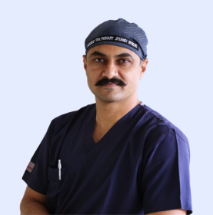
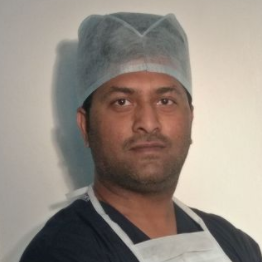
Dr. Aniruddha Bhosale
Consultant Liver & GI surgery

Dr. Apurv Deshpande
Liver and Multi Organ Transplant
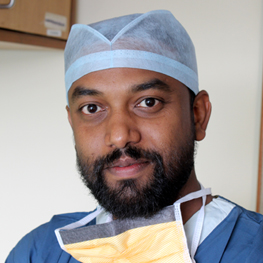
Dr. Abhijit Mane
Asst Consultant Liver & Multiorgan Transplant
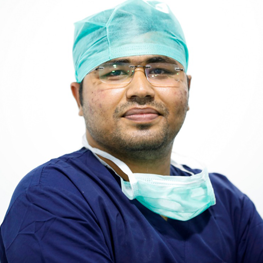
Dr. Manoj Raut
Consultant Liver Transplantation Anaesthesia & Critical Care
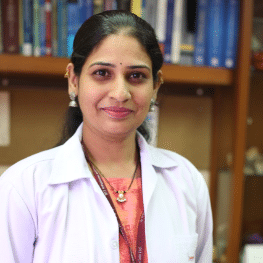
M/S. Malvika Karkare
Sr. Transplant Dietition
Transplant Team

Dr. Bipin Vibhute
Liver & Multiorgan Transplant Surgeon
A liver transplant is an operation that replaces a patient’s diseased liver with a whole or partial healthy operation that replaces.
Patient Reviews
Pravin Patole (Transplant Year: 2021)
Treatment : Liver Transplant
Saket Khadakkar (Transplant Year: 2021)
Treatment : Liver Transplant
“Dr. Bipin Vibhute sir performed liver resection surgery on my father Dr. explained all steps involved in the surgery, how surgery will be performed, precautions to be taken after surgery, recovery time etc. Dr. Bipin Vibhute sir and entire team is very cooperative, down to earth. They have taken good care of my father after surgery. Even entire team is available on Whatsapp to address our questions.
Abdullah Parkar,
(Transplant Year: 2022)
Read full story here
Liver Transplant
Liver Transplant
Organ Donation
Why we should Donate Organs?
By Dr.Bipin Vibhute
The biggest donation in this world is Organ Donation, by which we can save multiple lives. To save someone’s life is the biggest thing in this world. Being a donor is like having superpowers. By donating organs you give hope or a chance of living to a person who has left all the hopes of surviving.
Even if a person dies, his organs are not dead. The organs of a dead person will be of no use after the body is burnt or buried. But these organs can save up to eight lives if we donate them. We all understand the importance of Organ Donation, but how many of us support and wish to donate our organs.
Question & Answers
What is the most common cause of cirrhosis in children
Out of the various organs in a human body, the liver performs some of the most important functions. This includes processing the good nutrients and passing it to the...
How does obesity lead to fatty liver disease?
Indeed, certain lifestyle choices have a major effect on your body, and that leads to further complications. One of the most common ones includes obesity, which results...
How can jaundice be treated during pregnancy
Jaundice is a condition that occurs in people as a symptom of other issues and is visible via a yellowing in their body. To be specific, this yellow discoloration...
Blogs
यकृताच्या आरोग्यासाठी ऊसाचा रस पिण्याचे फायदे
ऊसाचा रस हा केवळ चविष्ट आणि थंडावा देणारा पेय नाही, तर तो आरोग्यासाठीही अत्यंत फायदेशीर आहे. विशेषतः यकृताच्या (लिव्हर) आरोग्यासाठी ऊसाचा रस उपयुक्त मानला जातो....
Protect your liver this summer: Unexpected risks & smart fixes
Think dehydration is the only summer risk for liver patients? Think again. From electrolyte imbalances to hidden toxins in water, summer can silently stress your liver....
Best 6 Liver Transplant Hospitals in India for International Patients
With its high success rate and top-notch medical knowledge, India has emerged as a global center for liver transplants. The nation draws patients from all over the...





